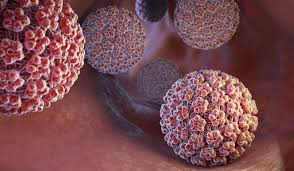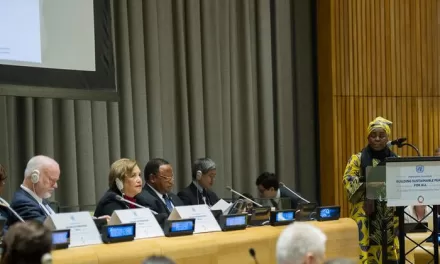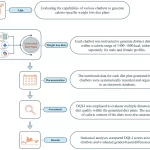New Delhi, January 5, 2025 — The All India Institute of Medical Sciences (AIIMS) has embarked on a groundbreaking study aimed at making cervical cancer screening more affordable and accessible for India’s vast population. The initiative, focused on evaluating indigenous HPV (Human Papillomavirus) tests, could significantly reduce the cost of cervical cancer detection while maintaining international standards of accuracy and reliability.
The study is being conducted across three premier research centers: AIIMS in Delhi, the National Institute of Cancer Prevention and Research (NICPR) in Noida, and the National Institute for Research in Reproductive Health (NIRRH) in Mumbai. Dr. Neerja Bhatla, Head of Obstetrics and Gynaecology at AIIMS, emphasized that the study’s objective is to provide quick, cost-effective screening solutions. She highlighted that successful outcomes could position these tests as globally viable alternatives, enabling exports under India’s “Make in India” initiative.
Cost Reduction and Accessibility
Currently, the cost of an HPV test in India ranges from ₹1,500 to ₹2,000, making it unaffordable for many. Indigenous kits developed through this study are expected to significantly lower these costs, allowing a larger segment of the population to access life-saving screening services. The study is being funded by the Department of Biotechnology (DBT) and the Biotechnology Industry Research Assistance Council (BIRAC) under the Grand Challenges India initiative. It is also supported by the World Health Organization’s International Agency for Research on Cancer (IARC).
A Step Toward Eliminating Cervical Cancer
India bears a disproportionate burden of cervical cancer, with an estimated 127,526 new cases and 79,906 deaths annually. In response to these alarming figures, the WHO launched its global “Call For Elimination of Cervical Cancer” initiative, aiming to achieve 70% screening coverage among women and 90% vaccination rates for girls by 2030. India, as a signatory, is aligning its efforts with these global goals.
Dr. Bhatla stressed that the introduction of cost-effective, high-accuracy indigenous tests could bolster India’s cervical cancer elimination strategy by ensuring affordable and widespread screening, especially in rural and underserved areas.
A Promising Outlook
The study not only underscores the potential of indigenous innovation but also reinforces India’s commitment to advancing public health solutions through self-reliance and global partnerships. If successful, these tests could become a game-changer, not just for India but for cervical cancer prevention worldwide.
With cervical cancer being one of the most preventable forms of cancer, AIIMS’ initiative brings hope for a healthier future for millions of women in India and beyond.











